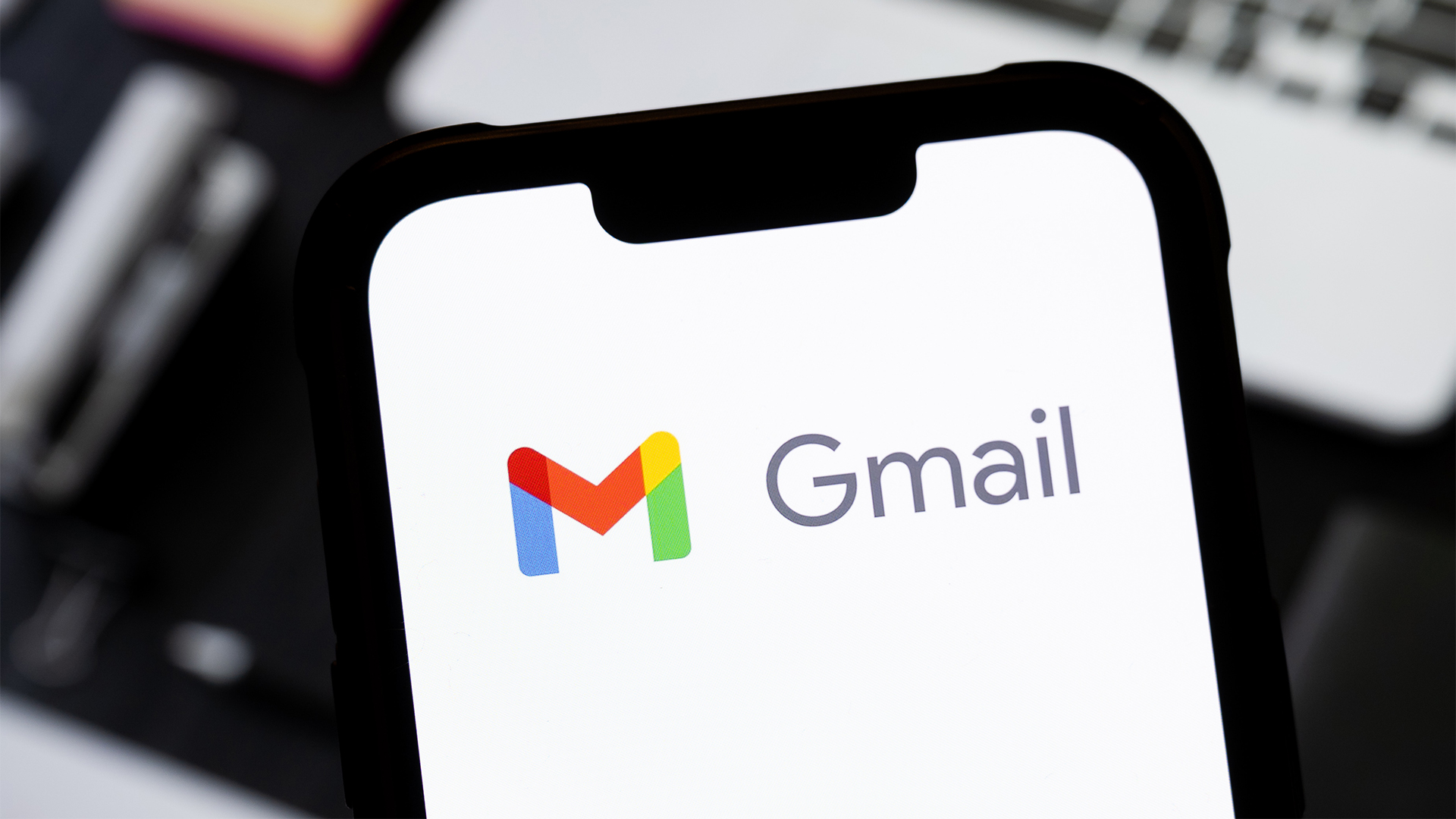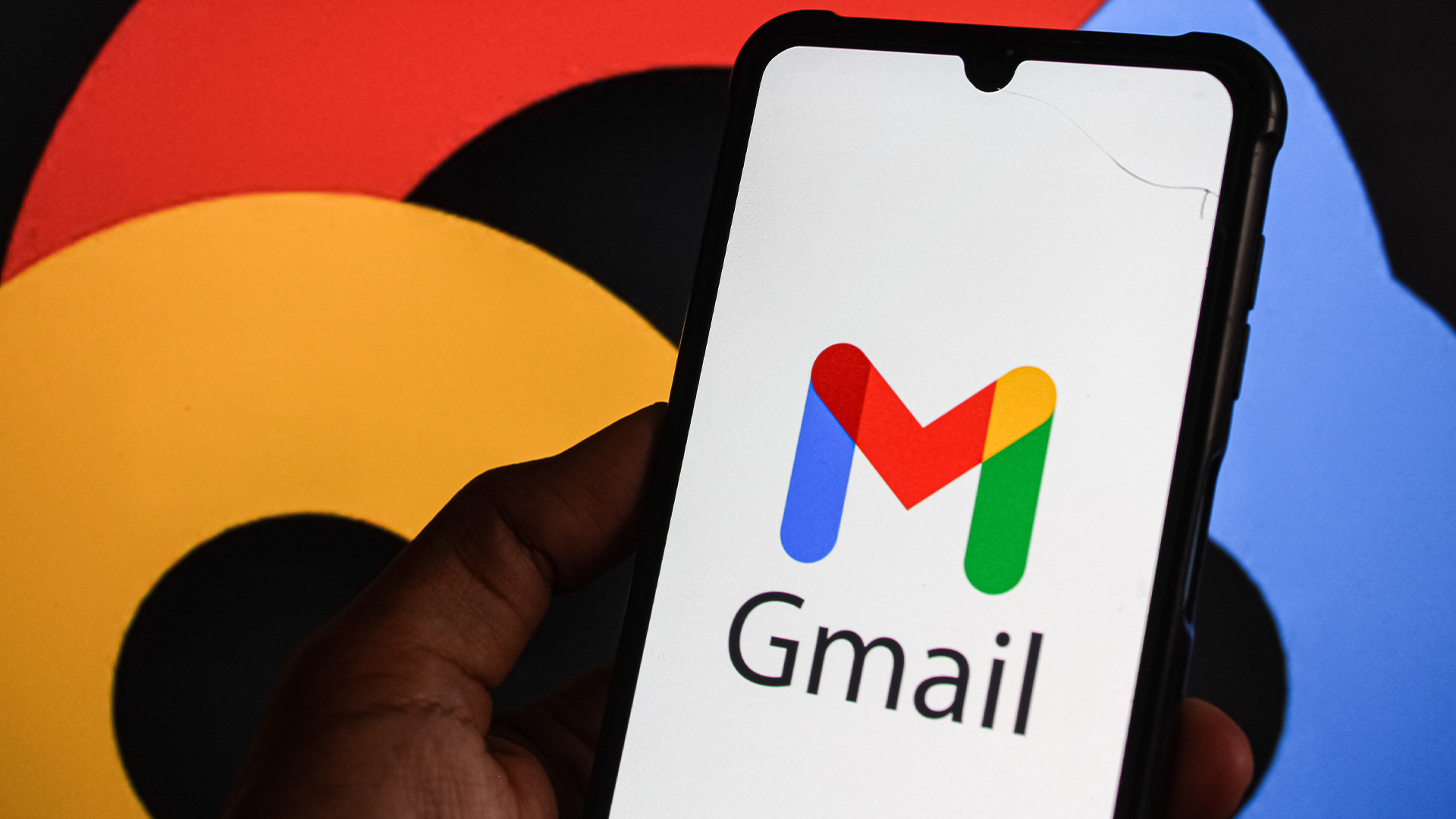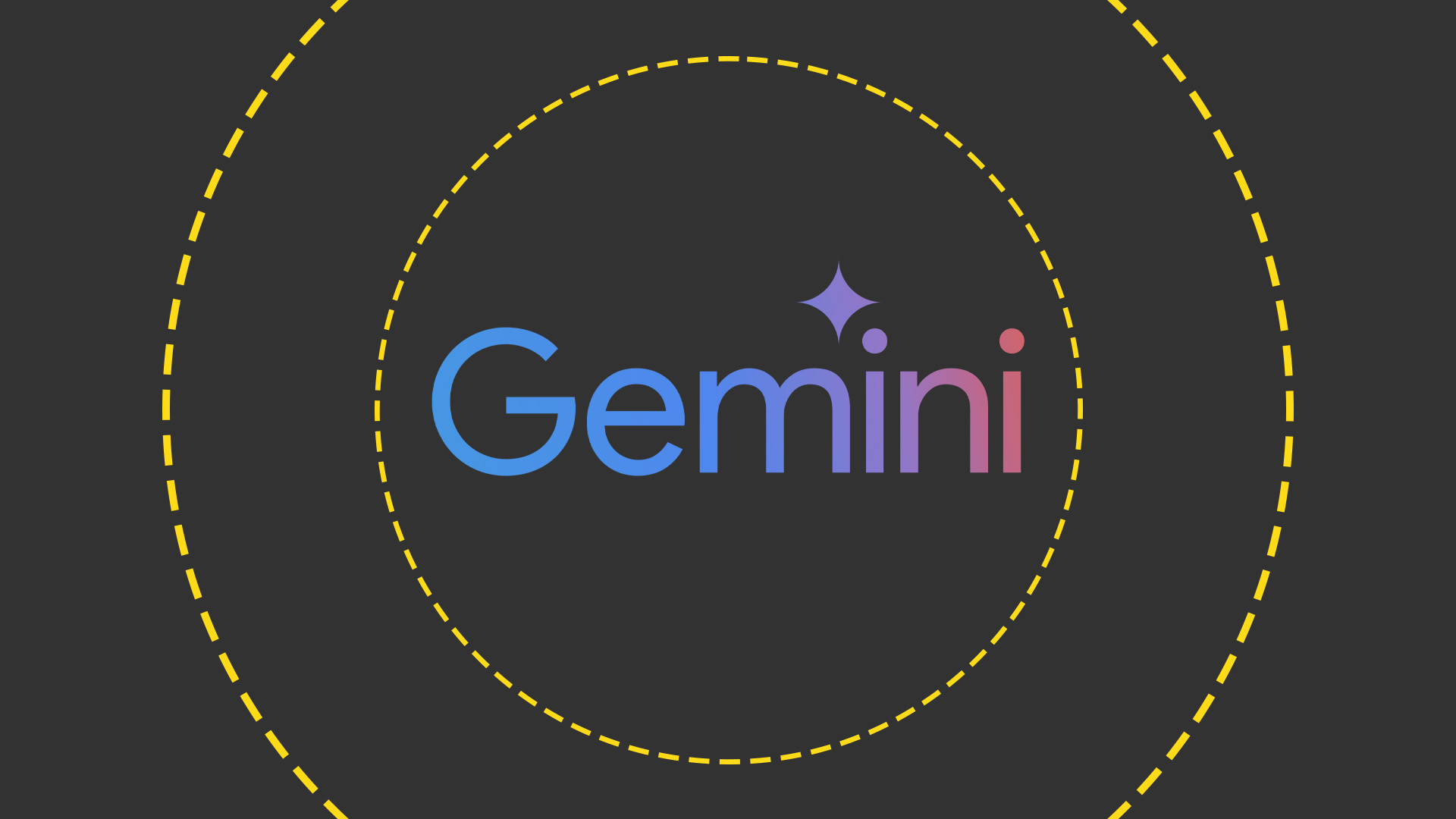Google’s Big Sleep AI model just found a zero-day vulnerability in the wild — but don’t hold your breath for game-changing AI bug hunting tools any time soon
Google clarified it was the first undiscovered memory safety bug to be flagged by an AI agent, touting this as a significant step in using AI for vulnerability research


Google has claimed a vulnerability flagged by its Big Sleep AI model represents the first time an AI tool has found an unknown bug in the wild.
Google clarified that this is the first time such a system has detected a memory-safety bug, acknowledging other AI tools have discovered different types of vulnerabilities before.
“We believe this is the first public example of an AI agent finding a previously unknown exploitable memory-safety issue in widely used real-world software,” stated the blog post from the Big Sleep Team.
The vulnerability was described as an exploitable stack buffer underflow flaw in SQLite, the most widely deployed open source database engine. The flaw could have allowed an attacker to intentionally crash or execute arbitrary code to subvert existing security software on the system.
The team behind the AI model said once they discovered the flaw, they reported it to the developers in early October, who fixed it on the same day. Researchers noted the issue was fixed before it appeared in an official release, meaning no SQLite users were not impacted.
Google began using SQLite to test Big Sleep’s bug-hunting capabilities after seeing AI security research organization Team Atlanta use their Atlantis cyber reasoning system (CRS) to find a null pointer dereference at the DARPA AIxCC event.
This inspired the Big Sleep team to see if they could find a more serious vulnerability using their newly developed LLM.
Sign up today and you will receive a free copy of our Future Focus 2025 report - the leading guidance on AI, cybersecurity and other IT challenges as per 700+ senior executives
The researchers noted that exploiting the vulnerability was not trivial and thus would have proved difficult for threat actors to leverage into a successful attack, but demonstrates Big Sleep’s bug hunting prowess nonetheless.
Flaw flagged by Big Sleep slips through the cracks of traditional fuzzing methods
Big Sleep was a collaborative effort developed by Google’s zero-day hunting team Project Zero and its DeepMind AI research lab.
The tool is an evolution of earlier versions of Google’s framework for LLM-assisted vulnerability research known as Project Naptime, which was announced in June 2024.
Project Naptime was launched to evaluate the offensive security capabilities of LLMs, leveraging the rapidly improving code-comprehension of these models to “reproduce the systematic approach of a human security researcher when identifying and demonstrating security vulnerabilities”.
The post noted that fuzzing, the traditional approach to testing software for vulnerabilities by feeding it invalid or unexpected inputs, has limitations to find some flaws.
“A key motivating factor for Naptime and now for Big Sleep has been the continued in-the-wild discovery of exploits for variants of previously found and patched vulnerabilities, developers on the Big Sleep team said.
“As this trend continues, it's clear that fuzzing is not succeeding at catching such variants, and that for attackers, manual variant analysis is a cost-effective approach.”
In this case, the researchers reported that in their attempt to rediscover the flaw through fuzzing, it was not able to find the memory safety bug flagged by Big Sleep.
The post cautioned, however, that the results of the testing were “highly experimental”, and that the Big Sleep development team still hold that a target-specific fuzzer would be at least as effective at finding similar flaws.

Solomon Klappholz is a former staff writer for ITPro and ChannelPro. He has experience writing about the technologies that facilitate industrial manufacturing, which led to him developing a particular interest in cybersecurity, IT regulation, industrial infrastructure applications, and machine learning.
-
 OpenAI says prompt injection attacks are a serious threat for AI browsers
OpenAI says prompt injection attacks are a serious threat for AI browsersNews OpenAI details efforts to protect ChatGPT Atlas against prompt injection attacks
-
 European Commission approves data flows with UK for another six years
European Commission approves data flows with UK for another six yearsNews The European Commission says the UK can have seamless data flows for another six years despite recent rule changes
-
 Everything you need to know about Google and Apple’s emergency zero-day patches
Everything you need to know about Google and Apple’s emergency zero-day patchesNews A serious zero-day bug was spotted in Chrome systems that impacts Apple users too, forcing both companies to issue emergency patches
-
 Google wants to take hackers to court
Google wants to take hackers to courtNews You don't have a package waiting for you, it's a scam – and Google is fighting back
-
 Google says reports of a 'huge' Gmail breach affecting millions of users are false, again
Google says reports of a 'huge' Gmail breach affecting millions of users are false, againNews Reports of a major Gmail affecting millions of users have been flooding the web this week – Google says they're "false" and you've nothing to worry about.
-
 This new Android attack could let hackers swipe 2FA codes and snoop on private messages – ‘Pixnapping’ affects Samsung and Google smartphones, but experts warn more could be at risk
This new Android attack could let hackers swipe 2FA codes and snoop on private messages – ‘Pixnapping’ affects Samsung and Google smartphones, but experts warn more could be at riskNews Pixnapping allows attackers to steal two-factor authentication (2FA) codes, private messages, and even financial information.
-
 Google hits back at 'entirely false' reports of major Gmail security breach
Google hits back at 'entirely false' reports of major Gmail security breachNews Reports of a massive Gmail hack affecting billions of users have been denied by Google
-
 Google cyber researchers were tracking the ShinyHunters group’s Salesforce attacks – then realized they’d also fallen victim
Google cyber researchers were tracking the ShinyHunters group’s Salesforce attacks – then realized they’d also fallen victimNews In an update to an investigation on the ShinyHunters group, Google revealed it had also been affected
-
 A flaw in Google’s new Gemini CLI tool could’ve allowed hackers to exfiltrate data
A flaw in Google’s new Gemini CLI tool could’ve allowed hackers to exfiltrate dataNews The company has moved to fix a vulnerability that allowed the execution of malicious code
-
 Foreign AI model launches may have improved trust in US AI developers, says Mandiant CTO – as he warns Chinese cyber attacks are at an “unprecedented level”
Foreign AI model launches may have improved trust in US AI developers, says Mandiant CTO – as he warns Chinese cyber attacks are at an “unprecedented level”News Concerns about enterprise AI deployments have faded due to greater understanding of the technology and negative examples in the international community, according to Mandiant CTO Charles Carmakal.